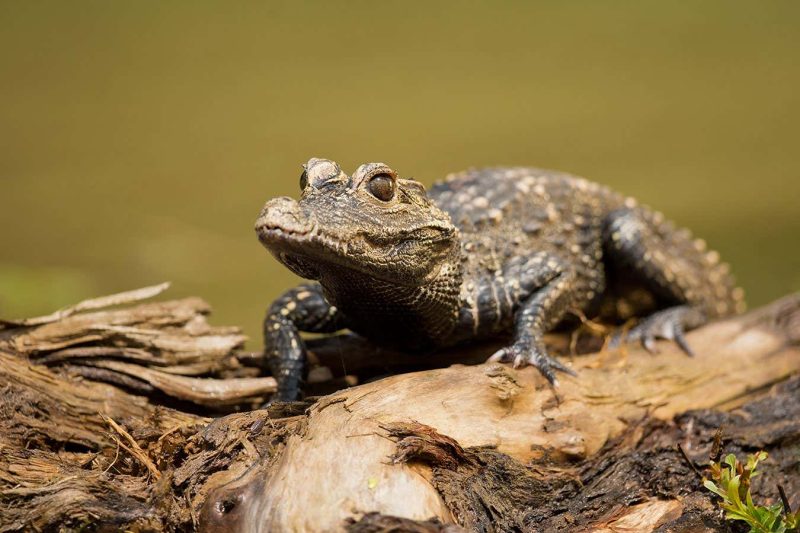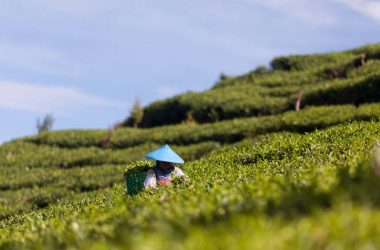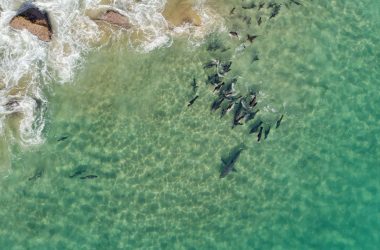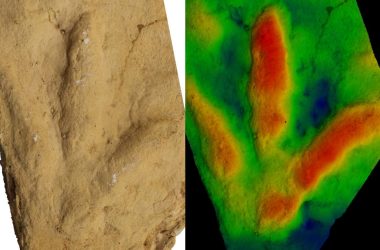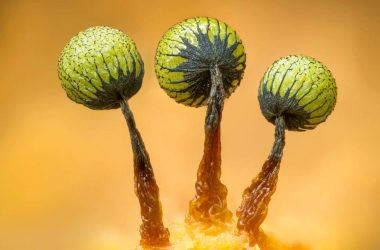Introduction
Intriguingly, scientists have discovered that the African dwarf crocodile has the ability to moo like a cow. This finding could have significant implications for conservation efforts in monitoring the species’ population.
A Rare and Elusive Species
The African dwarf crocodile, scientifically known as Osteolaemus tetraspis, is a small-bodied crocodile that inhabits the dense forests and narrow streams of West Africa. Despite its size and habitat, this crocodile species is notoriously difficult to spot and assess in terms of population size.
Challenges in Conservation
The lack of visual surveys and accurate population estimates pose challenges for conservationists aiming to protect the African dwarf crocodile. However, these elusive creatures often appear in the bushmeat trade, suggesting that their population may still be relatively abundant.
Utilizing Crocodile Mooing
Scientists have identified a potential solution for monitoring the African dwarf crocodile population by observing their unique ability to moo. This discovery opens up new avenues for conservationists to track and study this elusive species.
Implications for Conservation
By utilizing crocodile mooing as a monitoring tool, conservationists can gain valuable insights into the population dynamics of the African dwarf crocodile. This information can help guide conservation efforts and contribute to the protection of this endangered species.




